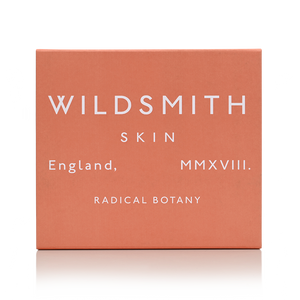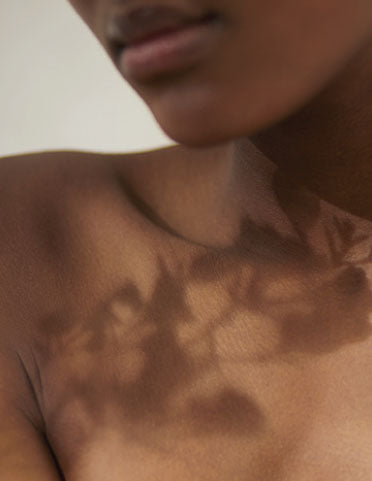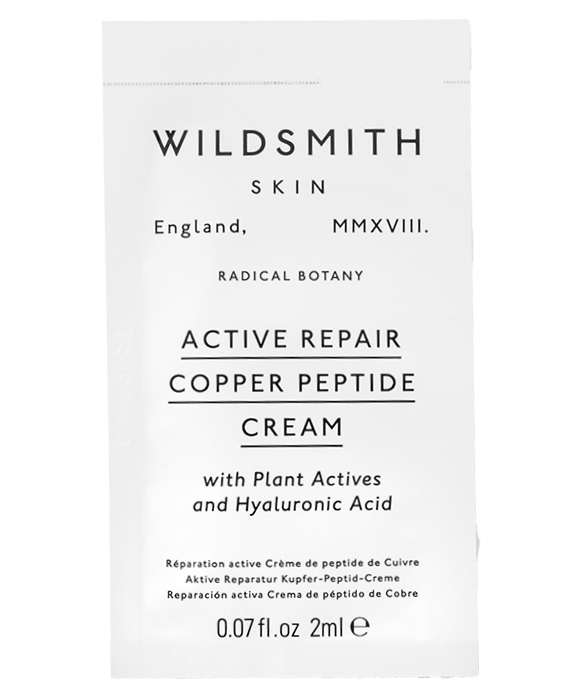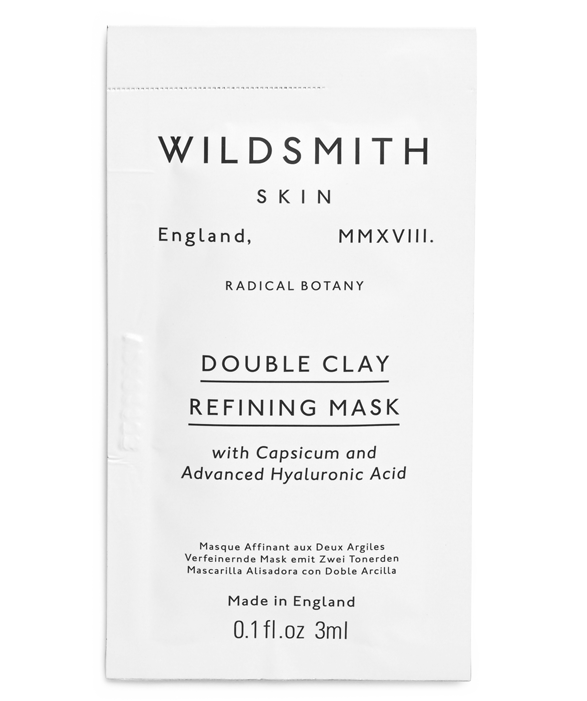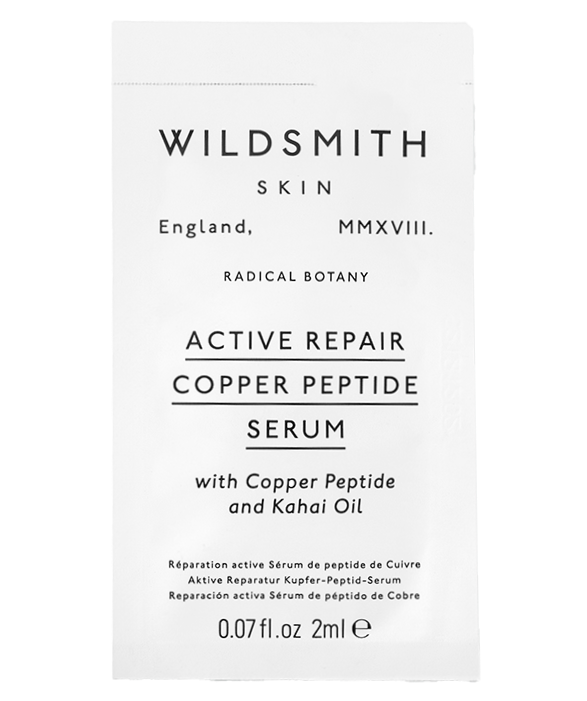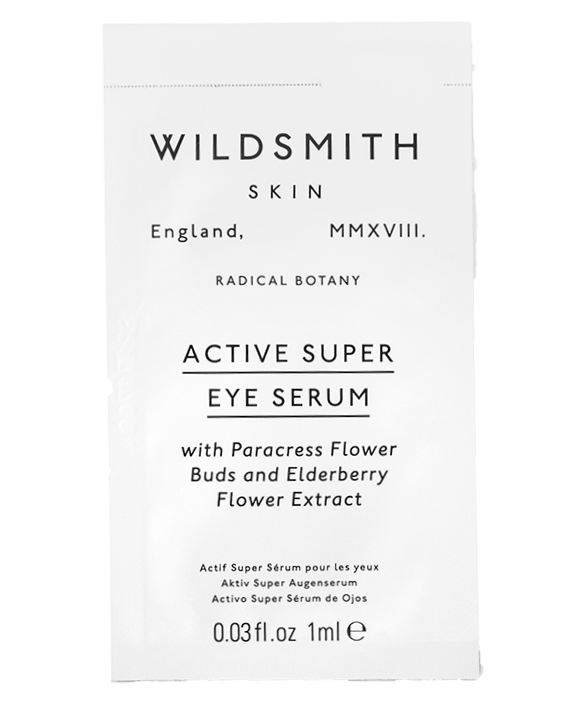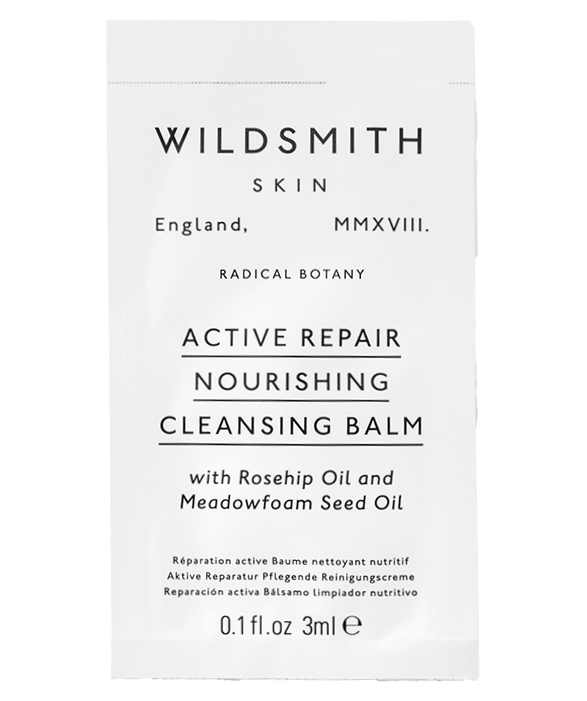Ritualised in many countries – the Japanese onsen, Turkish hammam, Russian banya – the benefits of bathing go far beyond getting clean. Charlotte Sinclair explores the body, mind and soul-healing powers of immersing yourself in water
It was while on holiday recently in Ibiza that I wondered at the British attitude to bathing in public: specifically, nude bathing in public. New Year’s Day on Salinas beach, under a bright blue sky and an un-seasonally warm sun, my three-year-old stripped off and walked straight into the sea. Shortly afterwards, as if inspired by his boldness, a dozen or so Italians followed (birthday) suit. I didn’t know where to look.
But what could be more natural than being au naturel? To immerse yourself in water in the altogether, all together? It’s only in recent years, after all, and in British culture specifically, that bathing alone and in private has become standard practice. Suzanne Duckett, who recently published the excellent Bathe: Rediscover the Ancient Art of Relaxation, recalls an assignment in Austria that involved spending time in mixed saunas. “I was mortified to begin with and refused to go naked, but in the end, I felt more embarrassed in my bikini. One day I took the plunge and it was wonderfully liberating.”
The book is a love letter to water immersion in all its historical and cultural permutations – from Japanese onsen and Russian banyas to Swedish saunas and Turkish hammams, from tree bathing and gong baths, to baptism and purification rites. It’s a welcome reminder of the power of bathing in these hurried, harried times, where showers are viewed as quicker, more economical, more environmentally friendly, more hygienic.

Baths are viewed as a female indulgence, a deeply gendered experience delivered via candlelight and bubbles and chocolate. Women take baths, so the advertising tells us, but only on special occasions. To which I would argue that the largest proportion of bathers in this country are not women but small children, for whom the nightly bath is an essential part of the bedtime routine.
Along the way it seems we have lost a more nuanced understanding of the benefits of bathing. Duckett’s book contains fascinating detail on the effect of warm water to ameliorate anxiety and upset. “Studies show that having a bath could make you feel less lonely, warding off feelings of isolation, and that many of us take warm baths to consciously eliminate feelings of being alone,” she says. “The greater the feelings of loneliness, the longer we stay in the bath and the hotter the temperature. Scientists concluded that the association between warmth and comfort is hardwired in our brains in infancy, explaining why we seek comfort in the tub. Baths for 20 minutes twice a week can help alleviate mild to moderate depression.” Every culture has known this by instinct since the dawn of time but it’s fascinating to have it scientifically deduced.

The idea of bathing as a humane and restorative activity is furthered by its fundamental importance to so many different cultures – and the ways in which it speaks so specifically about them. The Japanese and South Korean term ‘skinship’, for instance, used to describe platonic touching and intimacy between family and friends to foster closeness, made possible by communal, naked bathing. Or the fact that there are 1.8 saunas for every person in Finland. Or that tattoos are forbidden in Japanese onsens because of their affiliation to criminal gangs.
Onsens, or Japanese hot springs, have been central to every facet of Japanese life for centuries. Originally established by Buddhist monks, they became places of social interaction, conversation, and sometimes intrigue. In 1204, in Shuzenji, a shogun was murdered while bathing – on the orders of his uncle, no less. Fortunately, for the majority baths are more meditative than murderous, places where we can gather our edges back in while casting our minds wide. As Sylvia Plath writes in The Bell Jar, “I never feel so much myself as when I’m in a hot bath. I lay in that tub on the seventeenth floor of this hotel for-women-only, high up over the jazz and push of New York, for near onto an hour, and I felt myself growing pure again. I don’t believe in baptism or the waters of Jordan or anything like that, but I guess I feel about a hot bath the way those religious people feel about holy water.”

Every room at Heckfield Place in Hampshire has been designed to turn bathing into an artform
Bathing is not just hot water, then, but a philosophical exercise that can verge on the esoteric. But sometimes, at least according to my son’s attitude, it’s just about being on a beach on a sunny day and feeling impelled to get naked and into the water. “Mummy?” he turned to me as he began to splash, “Take your clothes off and come in.” Maybe next time I will.
Looking for the perfect post bath routine, explore Wildsmith's range of Serums, Moisturisers and Face-Oils.
